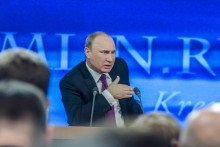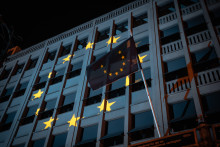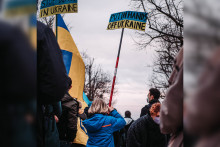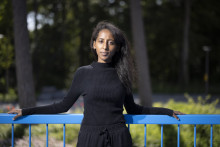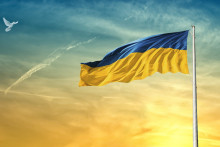 News
NewsFund for UT students and staff affected by war in Ukraine
Twente University Fund has started a crowdfunding campaign to help UT students and employees from Ukraine, Russia and Belarus. The goal is to collect 100.000 euros in this emergency fund.
